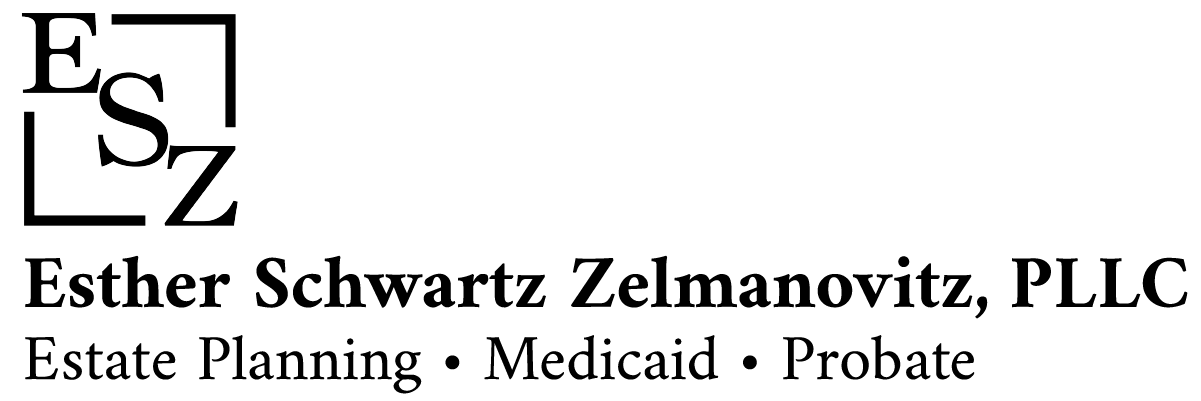So you have successfully applied and been approved for Medicaid. Your assets are below the resource limit, and you have joined a pooled income trust to preserve your monthly income above the Medicaid limits. Why would you need an elder law attorney now?
In order to qualify for Medicaid long-term care services, there are strict Medicaid rules that require the applicant to have resources below a specific Medicaid limit. In 2023, in New York State this limit is $30,180 for an individual and $40,821 for a couple both on Medicaid.
Medicaid will consider most of the money and property you own as your “countable resources” while not counting certain resources that fall within the exception.
Countable Resources include but are not limited to money or other assets that can be converted to cash to pay for care. Examples include bank account balances, investment accounts, stocks, cash value of a life insurance policy, and (certain) real property.
Non-countable Resources: There are some exceptions which are not countable resources for Medicaid. These exceptions include (but may not be limited to):
- Your personal property (clothing, furniture, everyday items, etc.)
- Retirement accounts that are in payout status
- Irrevocable Pre-Paid Funeral plan for the applicant and his or her family members
- Burial Fund (up to $1,500 for an individual and $3,000 for a couple)
- One Automobile
- Primary Residence (where the Medicaid applicant, spouse, or minor child resides and as long as the equity is below the Medicaid limit, which is $1,033,000 in New York as of 2023)
- Certain business assets
Because a home is not counted as a resource when applying for Medicaid, it is very possible that you can qualify for Medicaid and receive services while still owning your home. But what you may not realize is what may follow.
Medicaid Lien and Medicaid Payback
Medicaid rules are reasonable. The program is designed to provide assistance for people that need care. The program includes home care services. They aren’t going to provide care on the sidewalk! You need to live somewhere while receiving benefits. So it makes sense that you should be allowed to keep your home and live there while receiving services. (As long as it is a modest home, with equity under the Medicaid limits.) However, once you no longer need to reside in your home, meaning after your death or permanent stay in a nursing home, Medicaid will want to be paid back for all the care that was paid on your behalf. Where will Medicaid seek the money to get paid back? That’s right, from the value of your home.
If not otherwise protected, Medicaid can place a lien on your home after your lifetime or once you become a permanent resident in a nursing home, which would need to be paid off before your beneficiaries can sell your home. There are exceptions to this, but they are only exceptions. The general rule is that Medicaid can lien your home and you should take steps to protect your home so that your beneficiaries will not get stuck with the Medicaid bill, which could easily amount to hundreds of thousands of dollars.
Estate Recovery
In addition to placing a lien on your home, Medicaid can seek recovery from estate assets. In New York, once an estate or probate is filed in Surrogates Court, as a preferred creditor, Medicaid will be entitled to repayment before any beneficiary (or distributee) can inherit. Therefore, it is important to not only make sure you are Medicaid eligible and receiving Medicaid benefits, but that you are protecting your exempt assets from Medicaid estate recovery as well.
The good news is that there are strategies to protect your home, and other exempt assets to avoid Medicaid payback. Talk to an elder law attorney without delay to make sure your home and other exempt assets are protected. This conversation can save you hundreds of thousands of dollars and spare your loved ones from a bad surprise later on.
Contact us today for a free consultation.
